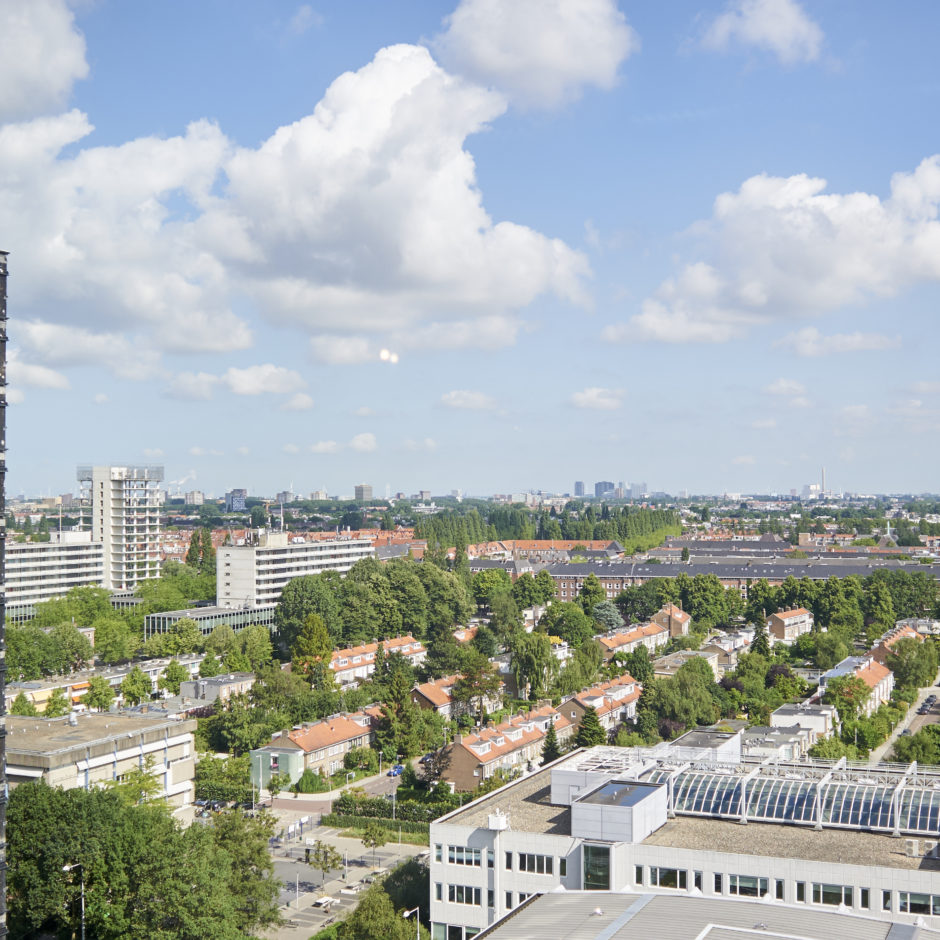This was decided by the Amsterdam Court of Appeal in its decision of 19 November 2013.
The case concerned temporary tenants under the Vacant Property Act who after expiry of the Vacant Property Act term (then five, now seven years) could stay in their own homes. To this end they had to enter into a ‘mediation agreement’ with the vacant property manager in addition to an anti-squat agreement. The vacant property manager charged EUR 160 a month in ‘mediation fees’. However, no mediation had been carried out for those occupants, as they had already been living in those properties as temporary tenants. The vacant property manager did not provide any other services for those EUR 160, such as gas, water or electricity. The Court of Appeal therefore held that the monthly fee of EUR 160 should be regarded as rent (in disguise), and the agreement had to be qualified as a tenancy agreement.
Following the qualification of the agreement as a tenancy agreement the occupants should not have been evicted as they were entitled to rent protection.
The ruling should be taken as a warning by the practice. It is still possible to grant the use of properties after expiry of the Vacant Property Act term under a user agreement (anti-squat agreement) without running the risk of users acquiring rent protection. However, the vacant property manager or owner entering into the user agreement should actually provide services for the fee paid by the user. Such services might include mediation but in that case actual mediation must have been provided, or the supply of gas, water or electricity. If no factual or real performance is made in exchange for the fee there is a risk that the user agreement will be qualified as a tenancy agreement.
Silvia Domínguez Saínza
dominguez@slangen-advocaten.nl
7 January 2014



